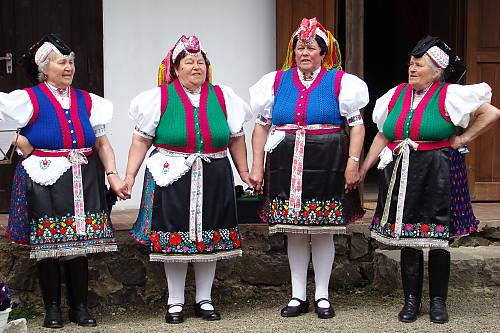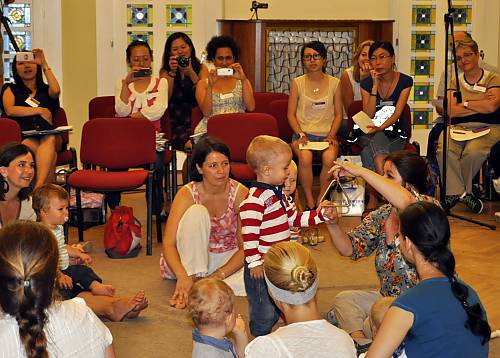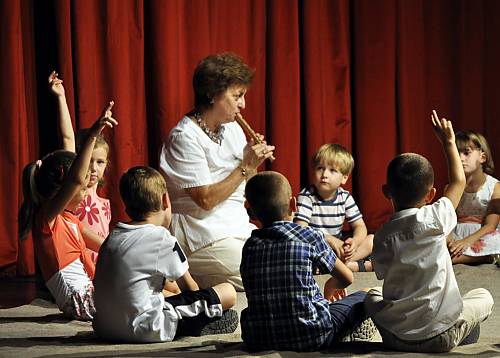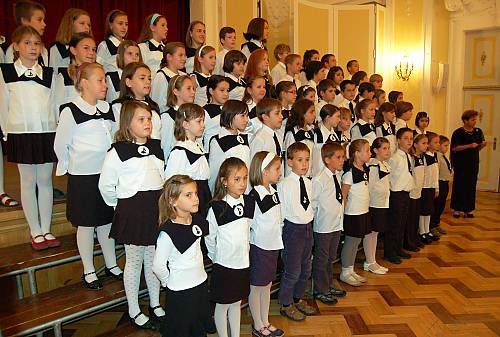Safeguarding of the folk music heritage by the Kodály concept
Selected in 2016 on the Register of Good Safeguarding Practices
Over the past century, the Kodály concept of safeguarding traditional folk music has helped to promote, transmit and document local practices in Hungary and assisted communities abroad for similar purposes. Devised by researcher, composer and pedagogue Zoltán Kodály and supported by the Hungarian Academy of Sciences, it advocates: making traditional folk music accessible for everyone through mainstream education and civic organizations; teaching music skills; encouraging everyday use of the music by communities concerned; researching and documenting it using local and international strategies; coexistence between research, education, community culture and composition; and respect for all music traditions. The concept has been incorporated in school curricula since 1945, where primary, secondary and tertiary students can learn about the songs, their importance and are encouraged to take part. It has also been used to document traditional music involving bearers, civic groups and culture institutes like the Institute for Musicology (with 15,000 hours of recorded folk music and 200,000 melodies from over a thousand settlements), Kodály Institute, and the International Kodály Society which also disseminate the concept internationally providing academic programmes where more than 60 countries have participated. The safeguarding concept has also inspired artists to integrate folk music in their compositions.










